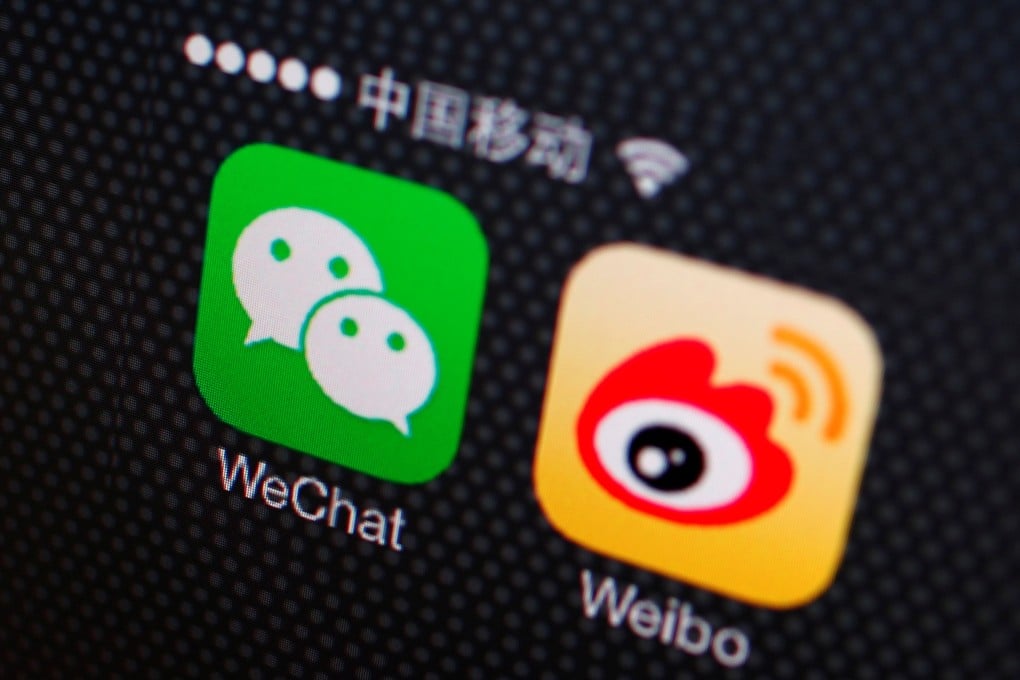China launches campaign against ‘fake news’ as Beijing seeks to purify online information, targeting social media
- China’s censors go after fake news and unlicensed citizen journalists in latest move to cleanse cyberspace of information deemed fake or harmful
- The joint campaign from 10 regulatory agencies is expected to hit social media platforms like WeChat and Douyin, popular with content creators

China has launched a new campaign to crack down on “fake news” in Beijing’s latest effort to clean up online content, placing additional pressure on the country’s social media platforms to screen out unsanctioned information, likely impacting citizen journalists.
The campaign will target “illegal news activities” by news organisations and staff, internet platforms and public accounts, as well as unaccredited social organisations and individuals, according to a summary of a recent teleconference by the Central Propaganda Department of the Communist Party, which is published on government websites.
China has one of the most extensive and sophisticated systems in place to control online information. The government has also imposed strict licensing requirements for reporting and broadcasting. Details of how the new campaign will be rolled out have not been revealed, but it is expected to impact the country’s social media platforms.
The campaign is being jointly carried out by 10 government departments: the propaganda authority, the Cyberspace Administration of China, the Supreme People’s Court, the Supreme People’s Procuratorate, the Ministry of Industry and Information Technology, the Ministry of Public Security, the State Administration of Taxation, the State Administration for Market Regulation, the State Administration of Radio, Film and Television, and the state-backed All-China Association of Journalists.